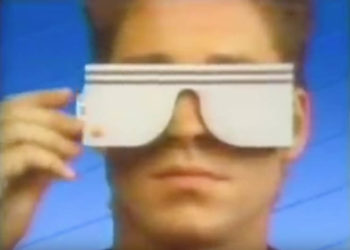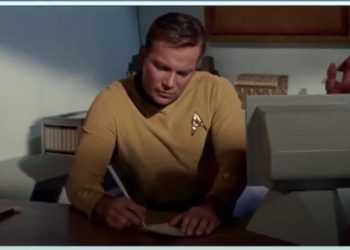Ah, the future, it seemed so glorious back in 1957, all courtesy of the miracle material, plastic. Now 60-plus years later as we’re realizing the enormous damage done by plastics to our environment and personal health, there’s something symbolic about how difficult it was for Disney to remove the all-plastic home of tomorrow once it had been deemed obsolete. Still, those hidden cold zones and the ability to pipe in scents to different rooms look pretty nifty, as does the now classic furniture throughout the house. And is that a fore-runner of the Ring doorbell?
Discussion
7 Thoughts on "Just One Word About the Home of the Future: Plastics"
The future still looks glorious from the vantage of today, 2021. Surely you are not suggesting that you would rather be living in 1957?
Nah, I’m just a fan of retro-futurism, whether that means art deco bullet trains or atomic age jetpacks. Certainly a lot more fun than a big battery from Elon Musk in your garage.
There have been books on “the history of the future,” meaning the story of different (mostly incorrect) visions of the future. I have yet to find one, though, that engaged me enough to read the whole thing. If anyone has suggestions, I am listening.
I think where it gets particularly interesting is the futurism that has come and gone within one’s conscious lifetime. Things like William Gibson’s cyberbpunk novels where no one has a cell phone, or Star Trek The Next Generation where wifi doesn’t exist.
In Battlestar Galactica the humans give books to one another: print books, with deckle-edge. Shades of Alfred Knopf! In countless SF tales people are enslaved to provide physical labor. You fly 100 billion light years to a new star system, and in the hold you have people instead of machines to mine some rare ore. Paraphrasing Pogo: We have met the future and it is us!
I always liked the old Battlestar Galactica, where they had built robots that had to run to and manually pilot spaceships, rather than just building the piloting robots in as part of the ships themselves. Or for that matter robots carrying around laser guns (and frequently dropping them) rather than having them built in.
A nice counterpoint is https://www.architecturaldigest.com/story/the-jetsons-space-age-style.



